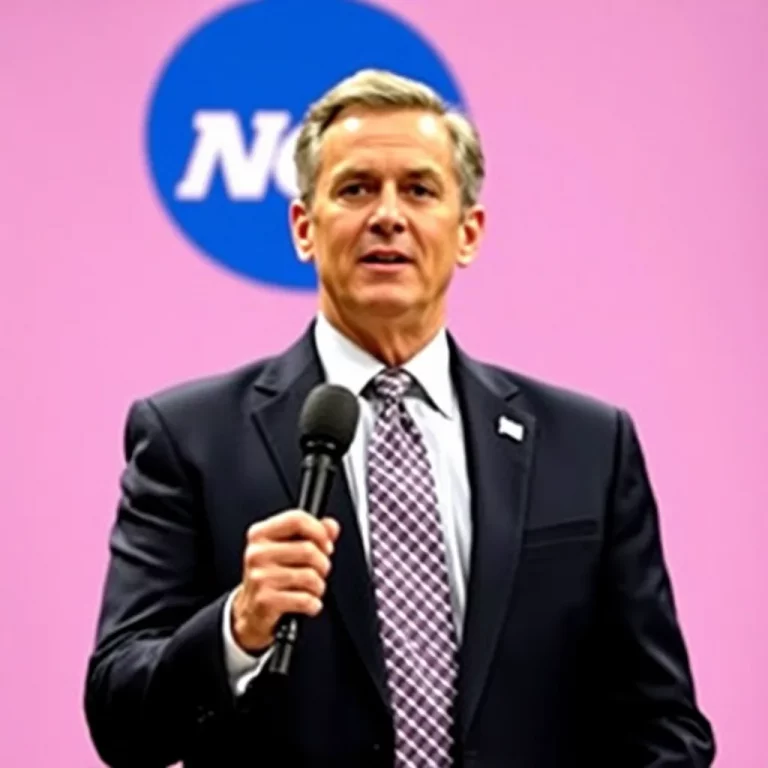In Washington, D.C., NCAA President Charlie Baker faced tough questions regarding the organization’s policies on transgender athletes during a Senate Judiciary Committee hearing about legalized sports gambling. The meeting turned intense as some Senators pressed Baker about the NCAA’s stance allowing transgender women to compete in women’s sports and share facilities like locker rooms.
Baker was questioned by Sen. Josh Hawley from Missouri, who raised serious concerns about the safety and comfort of female athletes sharing locker rooms with transgender students. Baker responded by suggesting that athletes feeling uncomfortable should have the option to seek alternative accommodations. “Everybody else should have an opportunity to use other facilities if they wish to do so,” he stated, emphasizing the importance of NCAA guidelines that allow local organizations to make their own arrangements.
The hearing intensified further when Sen. John Kennedy from Louisiana challenged Baker on whether biological males have a physical advantage over female athletes. Initially, Baker called the notion “debatable” but later agreed that it could be viewed that way.
Moreover, Baker’s lack of decisive action on these policies drew criticism. Both Kennedy and Sen. Marsha Blackburn of Tennessee expressed their disappointment in Baker’s leadership, calling for a stronger stance against the inclusion of transgender athletes in women’s sports.
In recent times, support for female athletes has gained traction, particularly from groups like the Concerned Women for America. They criticized Baker for what they described as a “scandalous dismissal” of female athletes’ rights, urging further Congressional actions against current policies.
As the debates continue, lawsuits opposing the NCAA’s support for transgender athletes have begun to emerge. Former NCAA swimmer Riley Gaines, among other female competitors, is challenging these policies, claiming a violation of their Title IX rights.
The discussions during the hearing reflect an ongoing tension in college athletics regarding inclusivity, fairness, and athlete safety. It remains to be seen how the NCAA will address these concerns moving forward.



